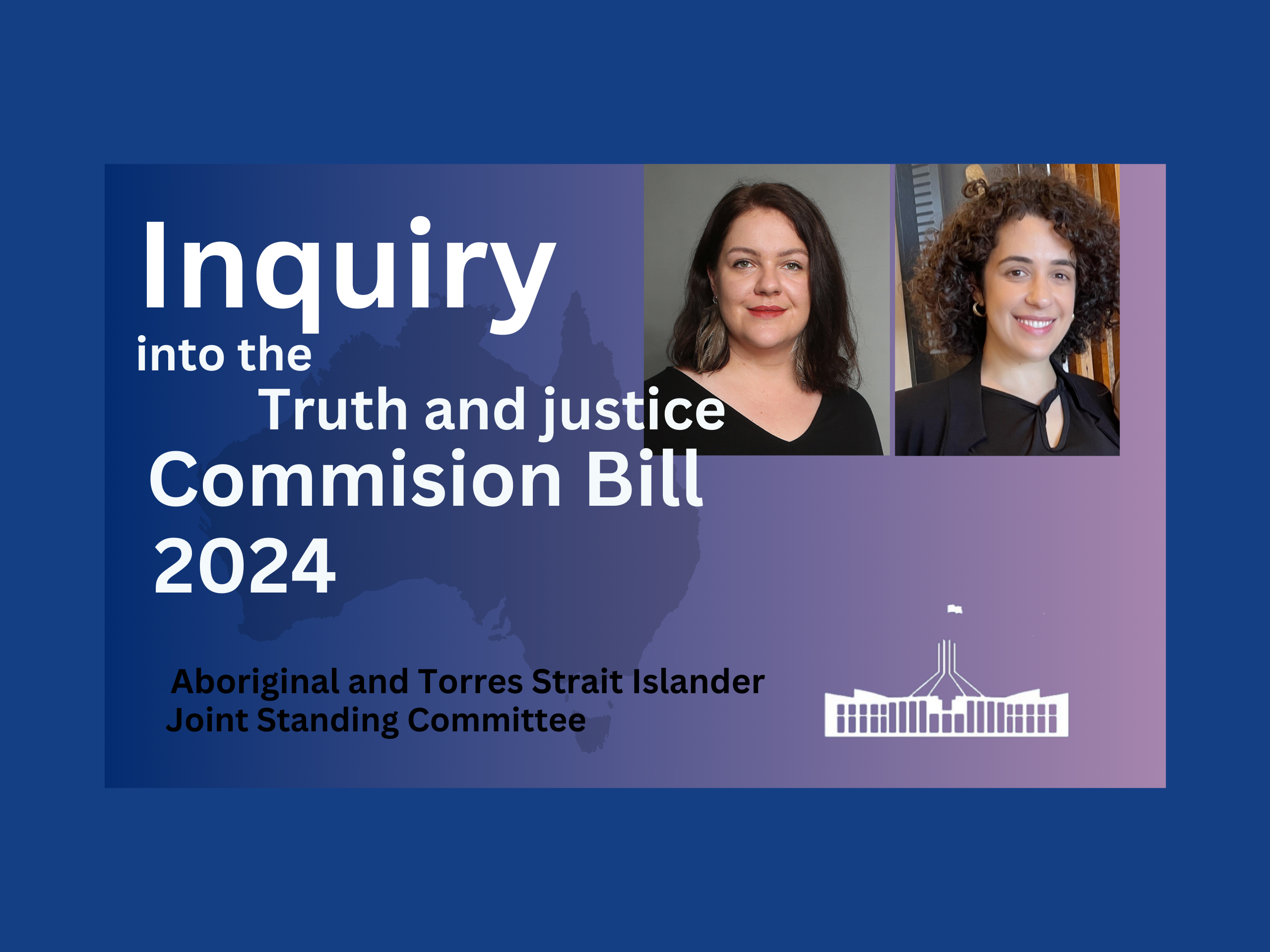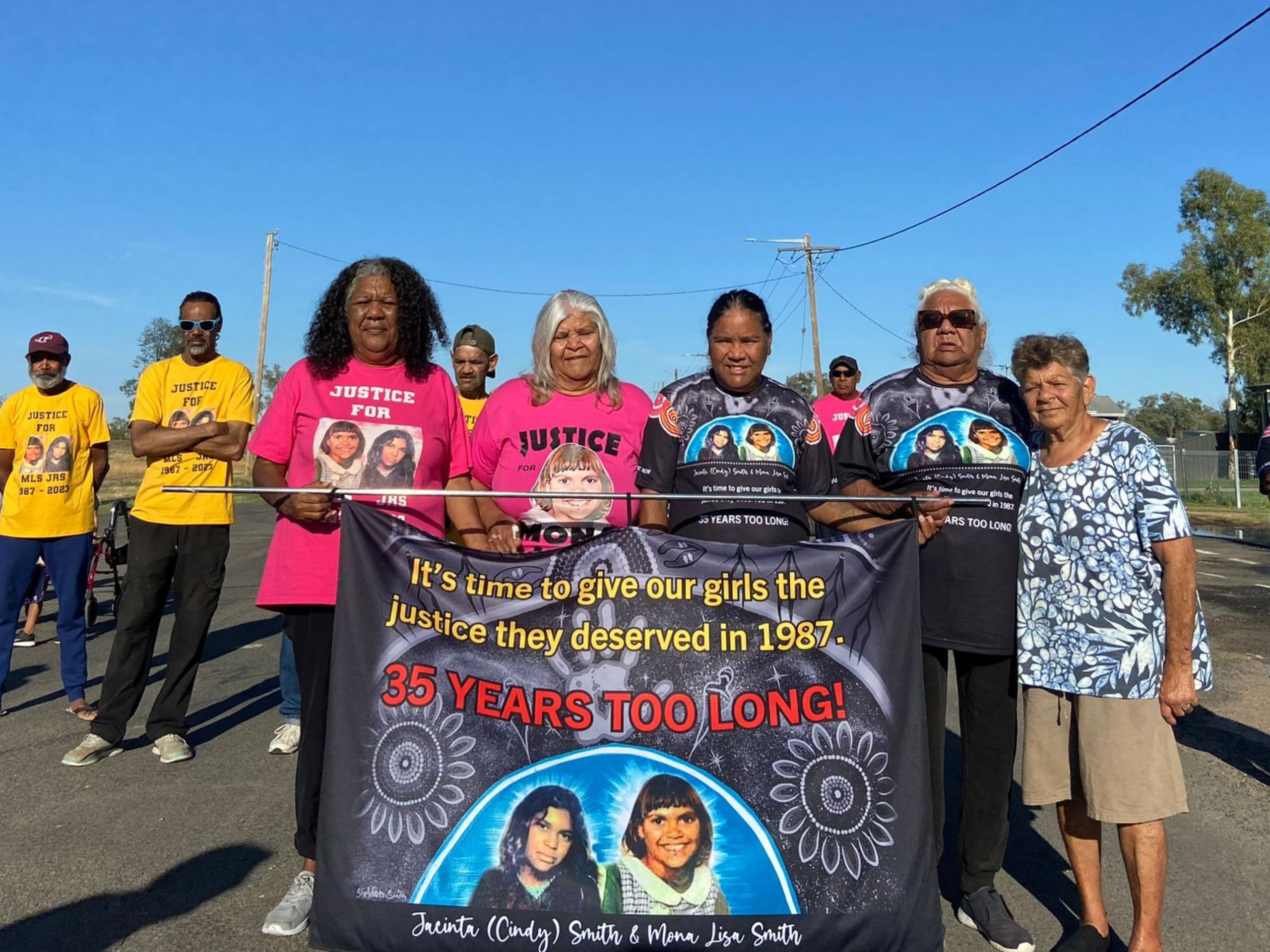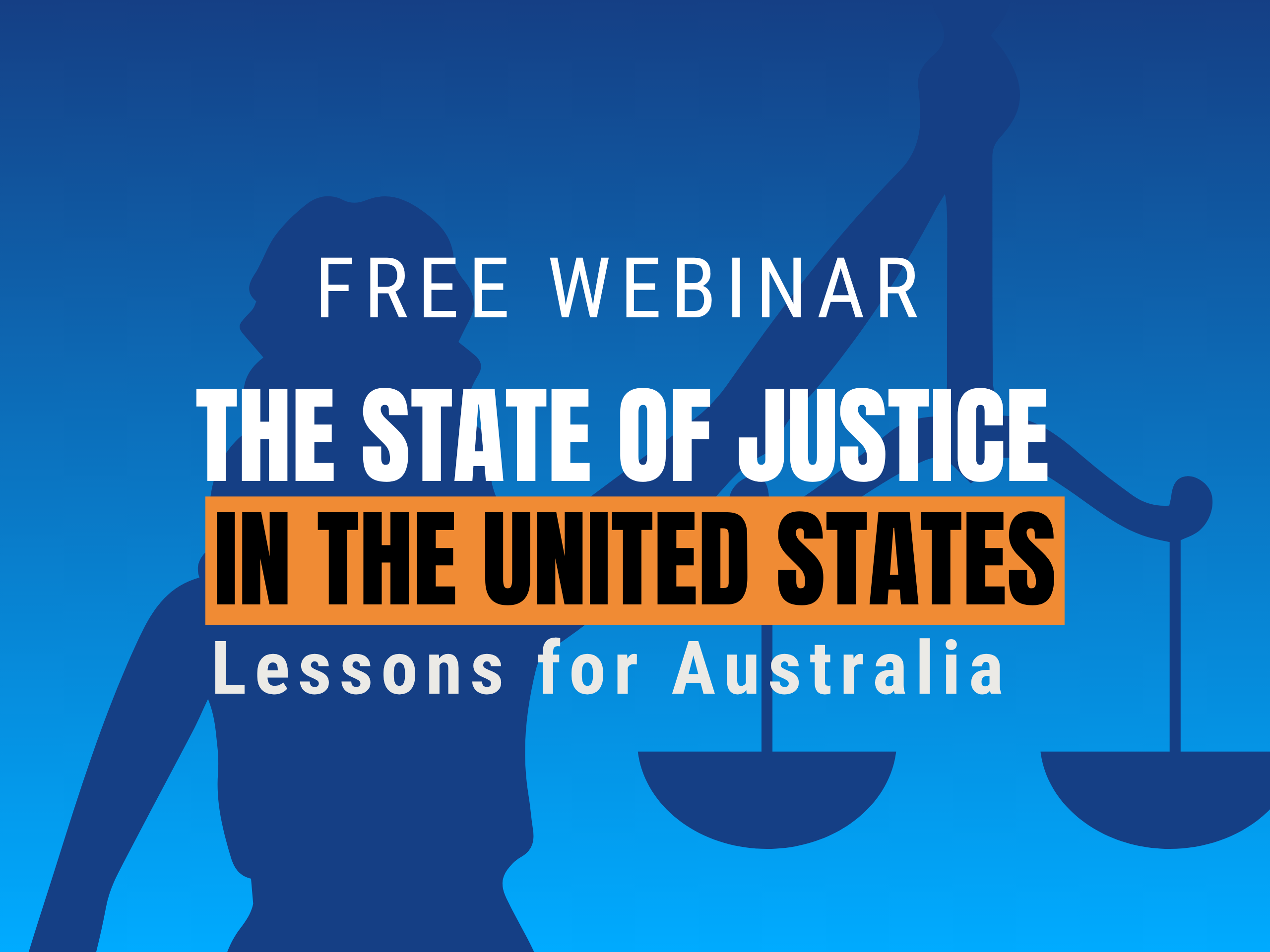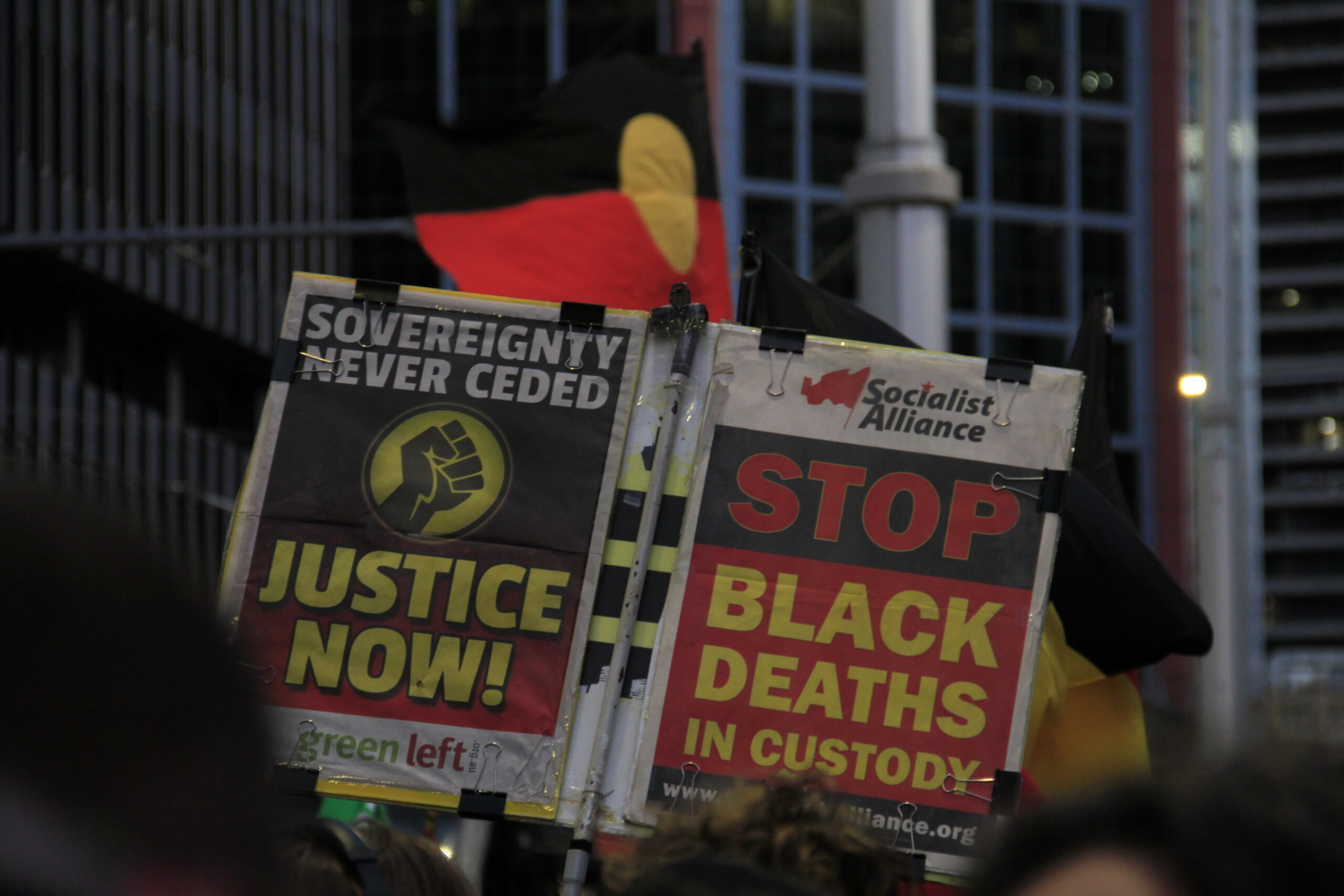The National Justice Project and Jumbunna Institute for Indigenous Education and Research called on parliamentarians to consider the importance of ‘outcomes, geunuine actions and respect’ when it comes to designing a truth-telling commission.
As part of a joint submission, National Justice Project Campaign Lead Chloe Fragos and Jumbunna Institute Senior Research Fellow Alison Whittaker appeared before a public hearing in Sydney this week. The Joint Standing Committee on Aboriginal and Torres Strait Islander Affairs is holding an Inquiry into a Truth and Justice Commission.
Ms Fragos told the Inquiry of the cultural and emotional load carried by families who commit to truth-telling processes. The National Project supported a number of families who gave deeply personal evidence in the recent Parliamentary Inquiry into Missing and Murdered First Nations Women and Girls. After a two year-inquiry, the final report outlined 10 recommendations, none of which hold organisations or systemic injustices to account.
In stark contrast, a similar Canadian report with 231 ‘Calls for Justice’ recommendations spoke to genocide and colonisation as a tool for gendered oppression with an inquiry that included after-care support.
This Bill offers a space to speak to both truth-telling and justice in a moment where we can take neither for granted and when some state and territory-based truth-telling processes have been demolished in their early stages.
Ms Whittaker urged the Committee to think boldly while designing a commission with a process of community partnership and control, free of the constraints of conventional fact-finding models.
We have here the rare opportunity to do something differently in honouring truth, we need not follow the inquiry formulas that mob have been failed by before.
Read our openining statement here
Read our joint written submission here
Listen to the appearance (first witnesses) at the Senate Inquiry here









